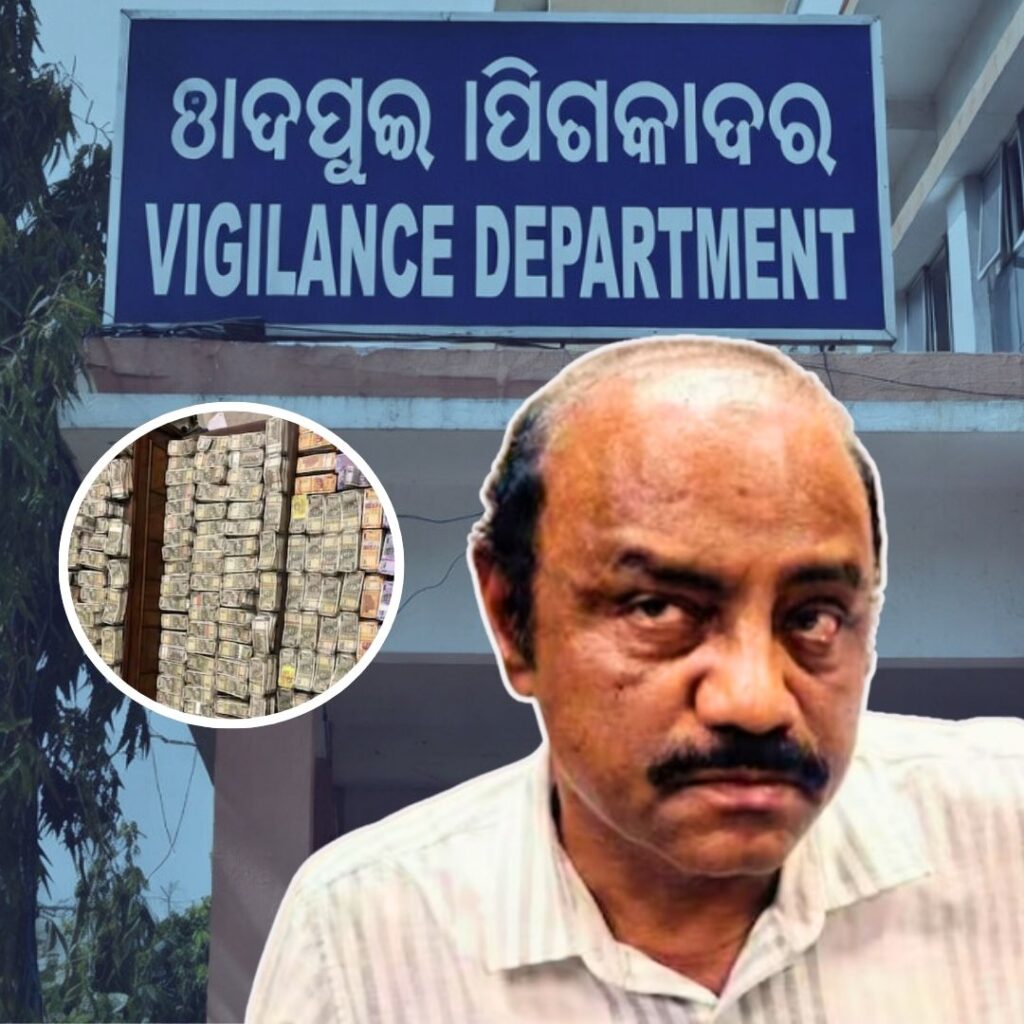Harish Sharma, a 40-year-old scrap dealer residing in Gurugram’s Baliawas village, was brutally stabbed to death by his 27-year-old live-in partner, Yashmeet Kaur, following an intense dispute over his continued communication and visits to his wife and children.
The incident unfolded in their rented apartment in DLF Phase 3 late Saturday night. Prior to the stabbing, Harish had collected ₹7 lakh from his nephew Bharat and was accompanied by another individual, Vijay alias Sethi, both of whom have come under police scrutiny. Law enforcement has arrested Yashmeet and Vijay, seized the murder weapon and clothing, and launched a thorough investigation into the circumstances and possible conspiracies surrounding this tragic event.
Fatal Dispute Over Family Ties
Harish and Yashmeet’s live-in relationship had lasted more than a year, despite Harish’s existing marriage and two daughters residing with his ailing wife in their native village. Sources reveal that frequent and escalating disputes arose because Yashmeet disapproved of Harish maintaining ties with his wife and family. The tension came to a head when Yashmeet found Harish in communication with his wife.
According to police reports, this confrontation quickly devolved into a violent altercation. Acting in a fit of rage, Yashmeet stabbed Harish in the chest with a kitchen knife. He was promptly shifted to a nearby hospital, but doctors declared him dead upon arrival. ASI Sandeep Kumar, a police spokesperson, confirmed Yashmeet’s arrest and said the murder weapon and blood-stained clothes had been recovered from the crime scene.
The neighbours recounted that they had heard shouting from the apartment before the fatal incident, adding a human dimension to the violence and its devastating aftermath.
Investigation Deepens: Role of Second Accused
Following the murder, Gurugram police detained Vijay alias Sethi, a 47-year-old known associate of Harish, who was present inside the apartment on the night of the attack. While his exact involvement is still being probed, police suspect that Vijay could have played a role in facilitating or conspiring with Yashmeet prior to the stabbing. Bharat, Harish’s nephew who had given him ₹7 lakh hours earlier, alleged collusion between Yashmeet and Vijay, pointing to a possible premeditated plan. The police are rigorously interrogating both suspects and analysing the timeline of financial transactions and interactions leading up to the crime126. The complexity of the case is amplified by these developments, raising broader questions about motives and relationship dynamics beyond what initially appeared to be a domestic dispute.
Broader Context and Emotional Complexity
This tragic episode casts a stark light on the intricacies and challenges of relationships that defy traditional norms—here, a live-in partnership alongside an existing marriage, and the emotional turmoil arising from divided loyalties and unmet expectations. Harish’s decision to maintain contact with his family, especially given his wife’s ill health, speaks to moral and familial responsibilities that conflicted against his live-in partner’s demands for exclusivity and emotional control.
Such conflicts, if unresolved, can fester dangerously. It is a potent reminder of how deeply personal struggles, when unaddressed, can spill over into irreversible violence. As reported by multiple sources, the involvement of a third party and the large sum of money exchanged before the murder introduces additional layers to the narrative, suggesting possible financial or conspiratorial motives interlaced with emotional triggers.
The Logical Indian’s Perspective
In light of this harrowing incident, The Logical Indian urges a reflection on the urgent need for effective communication, empathy, and non-violent conflict resolution within all kinds of relationships. Violence born from jealousy, mistrust, or emotional pain shatters lives and communities.
As much as it is critical to ensure justice is served transparently and efficiently, it is equally important to promote awareness about mental health support, counselling, and peaceful dialogue to resolve interpersonal conflicts. Our social fabric benefits when empathy and respect guide interactions rather than suspicion and aggression.













